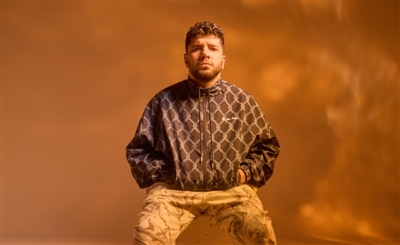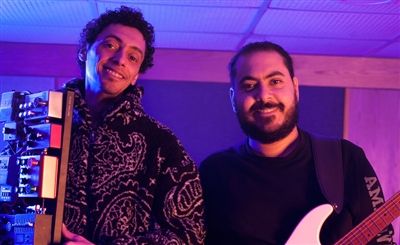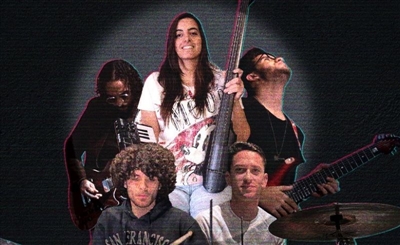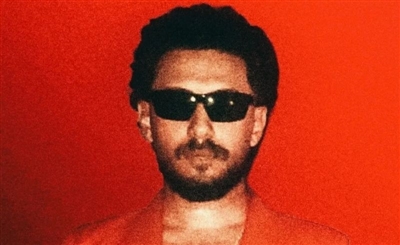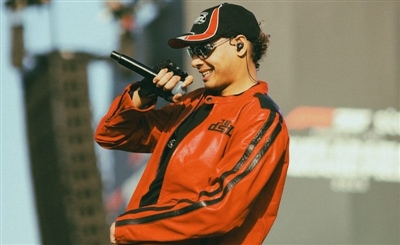Tunisia’s Emel Mathlouthi Recruits 55 Artists from 22 Countries for Group Cover of ‘Kelmti Horra’
The Tunisian artist first rose to fame in 2012 with the track, which became the anthem for the Arab Spring. Eight years on, fuelled by an urge to send out a message of unity and peace, she has teamed up with musicians and actors from across the world for an epic quarantine cover.
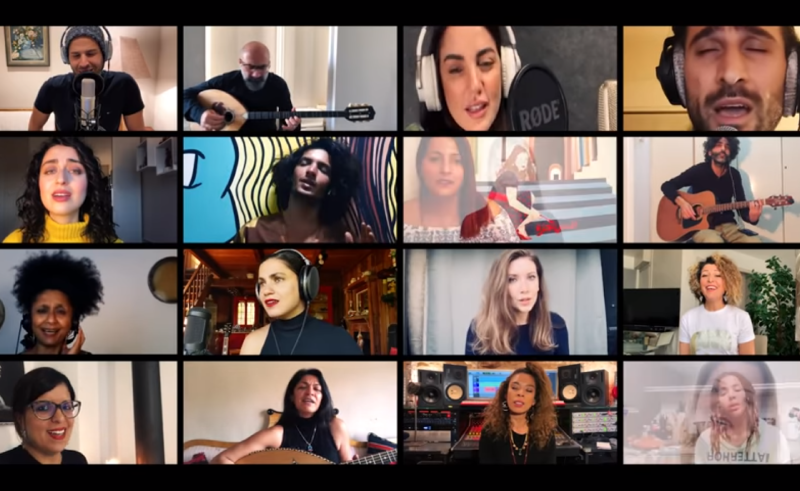
Having come to define both Emel Mathlouthi's emergence as an artist and the Arab Spring that it was contextualised in upon release, ‘Kelmti Horra’ is a song that will forever pull at the heartstrings of those who lived through the Tunisian and Egyptian uprisings.
Released in 2012 as part of the Tunis native’s debut album (also named Kelmeti Horra), it not only put Mathlouthi on the map, but became the anthem of the uprisings – so much so that she was invited to perform the track at the Nobel Peace Prize awards ceremony in Oslo in 2015.
Eight years later, Mathlouthi has resurrected the spirit of the Arab Spring, with an epic cover of the track, for which she recruited 55 artists from 22 countries.
"Since the day I wrote the music in my small studio in Tunis back in 2007, it has always been my dream to sing it together with artists and people from all over the world, like a unifying powerful protest chant.” Mathlouthi said about the ambitious project. “I started thinking that it was time to deliver the strongest message: of unity, human connection and empathy, needed more than ever," she added.
Making the most of time spent in quarantine, Mathlouthi started reaching out to artists and influential figures in entertainment and literature from across the world. <iframe width="800" height="450" src="https://www.youtube.com/embed/fAH3Y2N9W4M" frameborder="0" allow="accelerometer; autoplay; encrypted-media; gyroscope; picture-in-picture" allowfullscreen></iframe> Hamed Sinnoo, Firas Abou Fakher, Ghalia Benali, Faia Younan, Tania Saleh and Atef Malhas are a few of the familiar faces from the region’s music scene that have contributed, but artists from as far and wide as Nigeria, Comoros, Djibouti, Suriname, New York and France also jumped on this most wholesome of bandwagons. Beyond musicians and singers, visual artists and actors have also done their part, including Dorra Zarrouk, Dhafer L'abidine, Mariam Ben Aziza and Hend Sabry, while Tunisian poet and writer, Amine El Ghozzi, also makes an appearance.
- Previous Article test list 1 noise 2024-03-13
- Next Article LAV Releases Dark and Experimental EP 'Alokrishna' on Egyptian Label Sound Of Noize




